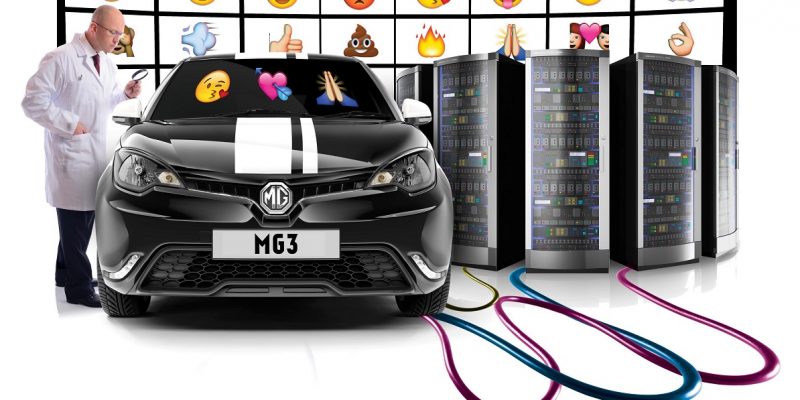While carmakers try to bend their hardware into the sort of shape the software gurus of Silicon Valley desire, it’s clear nothing is going to deviate them from a core requirement – automotive robustness.
Principal analyst at Tractica, Mark Beccue’s blog clearly highlights the issues between the two camps who come together each year in a smirking, hypocritical communion at CES in Las Vegas. Yet, in reality, each other’s smiles and bon ami are every bit as forced and false as the desert city’s architecture and morality.
Beccue focuses on the snail-like pace of development and adoption of voice assistant technology among the assembled automakers. He said: “If CES 2019 is any indication, significant market penetration for built-in voice assistant/voice controls are several years out. Over 3 days, I visited and interviewed 31 OEMs, Tier 1s, and solutions providers. While eight of those were not in the voice solutions arena (they were 3D augmented reality and computer vision solutions providers), only two of the remaining 23, Audi and Chinese carmaker Byton, were showing production-ready built-in voice assistant technology.”
He rightly points to issues the carmakers have over making hardware that needs to stand the test of time and, yet, be always agile enough to take on new software as and when it is developed. This debate brought back a memory of interviewing Honda (UK)’s former CEO Philip Crossman for TU-Automotive in the spring of 2015 an interview centered around the issues facing autonomous driving technology. In it he mentioned Honda’s testing early ad hoc autonomous driving tests a decade earlier and, in truth looking back on it, little has changed in all those years.
Even today, several senior car manufacturing figures have told me the nearest we are to seeing mass adoption of driverless technology is 2050 because of all the infrastructure and regulation challenges mentioned by Crossman.
The simple fact remains that automakers will never trust the software until it is every bit as robust as their hardware. Let’s not forget it is their reputation, and marketability, that is on the line not that of the faceless technocrats of the Valley.
— Paul Myles is a seasoned automotive journalist based in London. Follow him on Twitter @Paulmyles_
Source: https://www.tu-auto.com
CUT COTS OF THE FLEET WITH OUR AUDIT PROGRAM
The audit is a key tool to know the overall status and provide the analysis, the assessment, the advice, the suggestions and the actions to take in order to cut costs and increase the efficiency and efficacy of the fleet. We propose the following fleet management audit.




